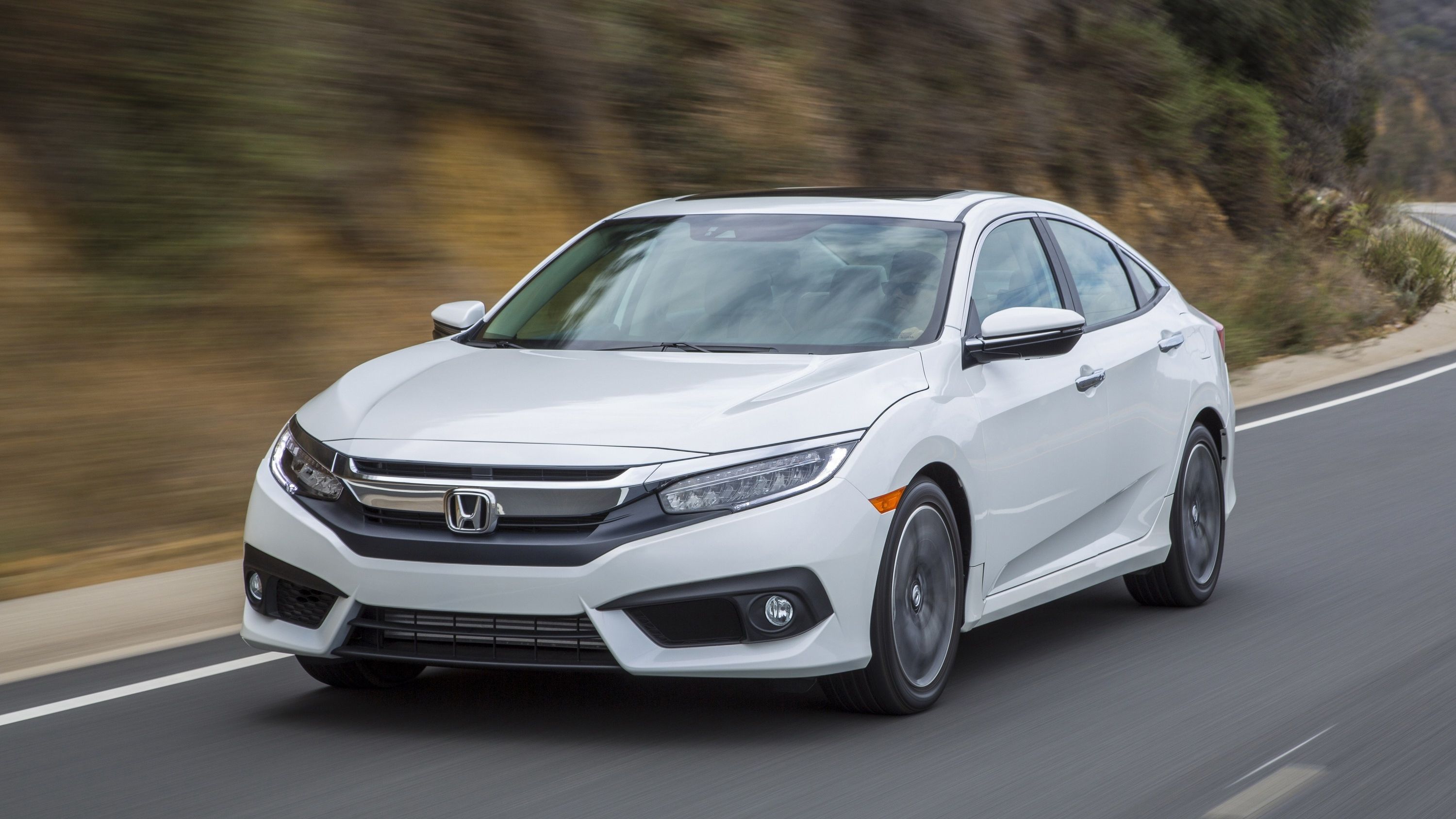The auto industry’s rapid evolution has given way to consolidation among auto brands. In the Japanese auto sphere alone, recent transactions are in the process of seeing Toyota adding Suzuki into its fold and Nissan taking control of Mitsubishi. Then there’s Honda, which is steadily going about the business of minding its own, which, according to CEO Takahiro Hachigo, is exactly what the company wants to do. Go look elsewhere for news of consolidations because Honda is happy standing on its own two feet.
Hachigo made the proclamation to Automotive News, stressing that while the company will pursue any technical partnerships that could be considered as “win-win” situations, it’s not going to do so at the cost of moving away from its core business goals, even if the rest of the industry seems to be pre-occupied with adding more sales volume to their names. "We want to draw a line between those who want to do that and ourselves. We want to stay within the five million range," Hachigo said, referring to Honda’s global sales volume.
The independent status attributed to the Japanese brand is something that it holds dearly. It might even be a point of pride, or as Hachigo describes it, “a key part of its brand’s DNA.”
Then again, the “we’re on an island and we’re staying here” strategy does come with its own share of risks, especially in a time wherein rising costs in developing new-age technology (zero emissions, electrification, and autonomous driving) have forced a lot of Honda’s rivals to strike partnerships to mitigate the costs and the burden that comes with developing these new techs.
It’s a delicate situation to be in, but Honda seems to be confident that it can do it on its own. Let’s just hope for its sake that the road it’s taking in this current automotive climate doesn’t end up biting it in the end.
Continue after the jump to read the full story.
The pros and cons of Honda's lone ranger act
On the one hand, it’s admirable to see Honda go solo, even as it faces a rising tide of automakers that are partnering together for the development of future technology. It tells you that Honda is either confident in its own capabilities or it has a plan in place to develop these techs to the point that it doesn’t need any help from anybody else. Maybe it’s even a combination of both. The point on this side of the fence is that Honda isn’t relying on anybody else to help develop what it believes it can do on its own. Make of that what you want, but you have to admire the courage it takes in saying that, especially when you here a company like Toyota admit that, despite having far more resources at its disposal, it still needs these partnerships to see its own plans come to fruition.
On the other hand, standing on its own could also turn into a detriment for Honda in the long run, especially in the wake of the automaker setting lofty goals for itself, including selling one million zero-emissions vehicles in the US by 2030. Achieving that target alone would require a herculean investment on the part of Honda and while it may have the finances to do so, all of that money will come out of its own pocket without any partnerships to help shoulder the load. That’s a big risk to take no matter who you are.
The decision is even more curious when you look at how Toyota and Nissan have aligned themselves with so many automakers that can help in some form of fashion in the two rivals accomplishing their own goals. Toyota, for instance, can lean on Subaru, Mazda, Hino, Daihatsu, Isuzu, and now Suzuki, to help it where it needs to go. Then there’s Nissan, which has Renault, Daimler, AvtoVAZ, and Mitsubishi to help do the same thing.
Considering how the industry is at a tipping point wherein the future is likely to be dictated by what technologies are developed in the coming years, it’s not a bad idea to have a go at it with partners in the fold. Honda may be singing its independence now, but if it ends up lagging behind its rivals, it could irreparably hurt its status in the industry.

